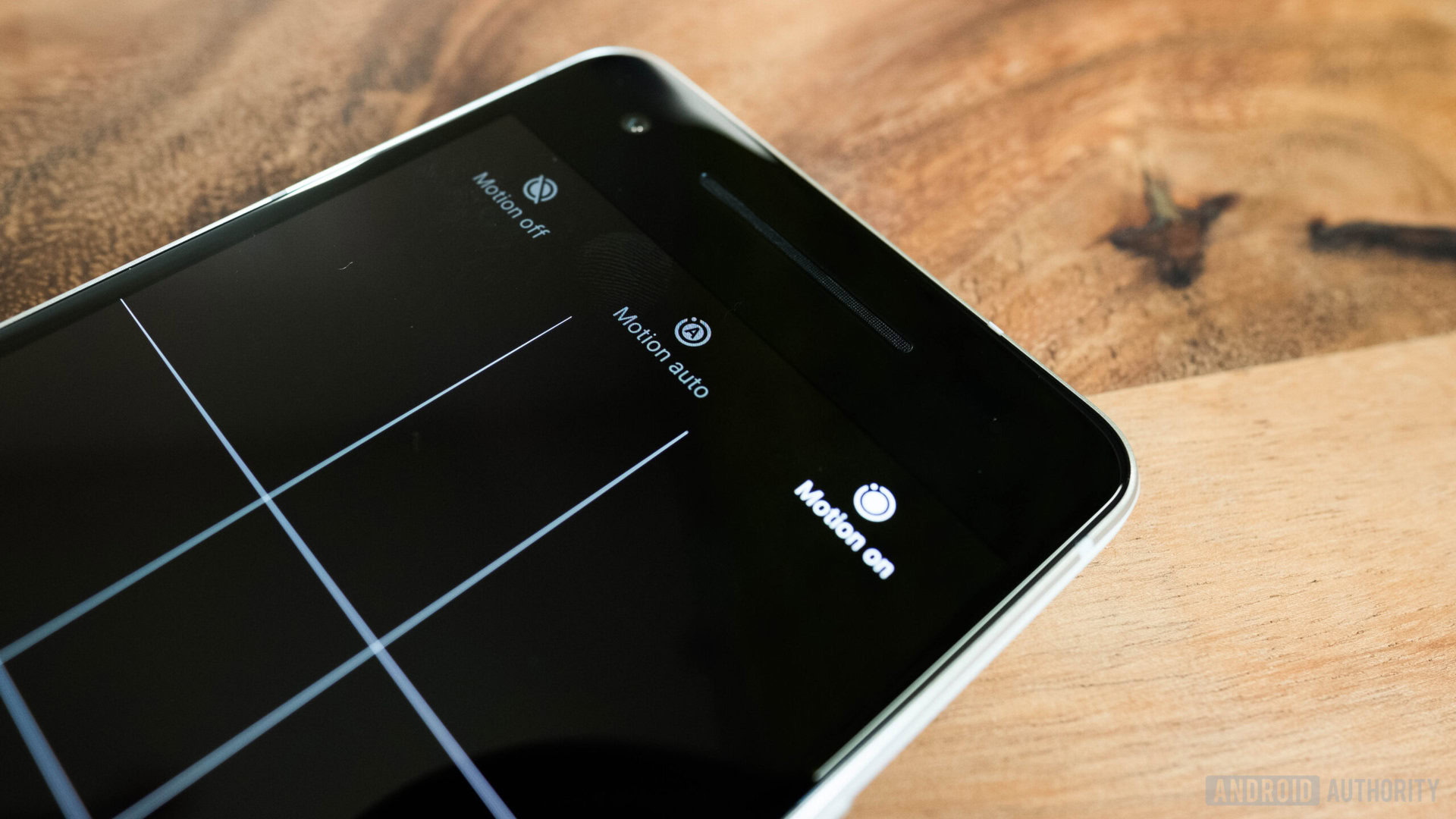RSS might not be dead in the strict sense of the word. After all, we still have the How-To Geek RSS feed and people still use it. It’s just that RSS has sharply declined to almost nothing, and it’s simply not how people get their content pushed to them anymore.
Which is a real shame, because RSS represents the best parts of the web and the internet as a whole that we’ve largely lost.
RSS (Really Simple Syndication) was invented by three smart folks at Netscape. You remember Netscape, right? Ironically, Netscape would pretty much leave RSS to the rest of the web community to develop, and develop it they did. RSS was pretty quickly embraced by online publishers as an easy way to push their latest content to readers.
RSS was beautifully simple. Any website could publish a feed, and any user could subscribe to it with a reader. No algorithms. No gatekeepers.
The brilliance of RSS was how it leveled the playing field. A major publication with thousands of staff writers and a small hobbyist blog with a single post every few weeks looked exactly the same in your feed.
You are the curator of your feed, and have ultimate control of what ends up in your RSS reader of choice. RSS also solved a problem we’ve never really fixed since: discovery and distribution without middlemen.
In those early days of the web, if you wanted to know the latest stuff, you physically had to hit that refresh button manually. Sure, you could subscribe to an email newsletter, but that meant receiving your headlines at set intervals rather than as they were published.
RSS is a simple technology that lets us change the web from a passive resource to an active, relevant flow of information that we control. I remember back in the early 2000s when I was still messing around with Rainmeter, I always had an RSS widget that kept me in the loop on topics relevant to my interests or my studies.
The biggest sign that RSS wasn’t really used much anymore came when browsers started dropping RSS support. Google Chrome scrapped RSS features in 2013 and a few years later Firefox followed suit in 2018. With built-in RSS reader functionality dropped, most people using these browsers wouldn’t even know it was an option, and are less likely to jump through hoops to set up a dedicated reader, even if it is easy.
Though I’m not blaming the browser developers. They wouldn’t have dropped RSS features if lots of people were using them. It’s a death spiral where usage declined beyond the point it was worth maintaining the feature, and without the feature usage is unlikely to recover.
Why did RSS use decline so much? Probably several reasons. Some sites stopped running their feeds, we moved over to apps that have push notifications, and websites can now also send push notifications through your browsers—something they ask for every time you visit unless you disable that feature.
We have plenty of solutions to getting instant updates from the web that don’t require a manual setup, and often don’t even wait for us to ask, but get in your face.
What We Lost
With RSS, you got every update from the sources you cared about—no more, no less. Today, you get whatever an algorithm decides will keep you scrolling. Publishers once competed on content; now they compete on clickbait headlines and engagement hacks.
We also lost the equal footing RSS provided. A blog with a few dozen readers could stand shoulder to shoulder with mainstream outlets. On social media, however, the odds are stacked against small voices, buried under an avalanche of promoted content and algorithmic manipulation.
The Internet That Replaced It
What we have now is an internet of walled gardens. Our feeds are curated by powers beyond our control, and the simple act of visiting the home page of a website is something you probably don’t do often. Chances are (if I’m lucky) you happened on this article through Facebook, X, or Google Discover. That’s how things work these days, and even internet search isn’t the primary way people find what they’re looking for, just thanks to the sheer volume of feed-driven content that’s thrown at you every day.
The (near) death of RSS isn’t just about me being nostalgic for the old internet (OK, maybe a little), but about feeling a little sad that we’ve lost that level of control that RSS afford. There isn’t really a way to get it back exactly, though you can still curate and try to influence the algorithms that drive your feeds to a point. To me, however, that doesn’t feel like the real internet, but a theme park version with a tour guide instead.










